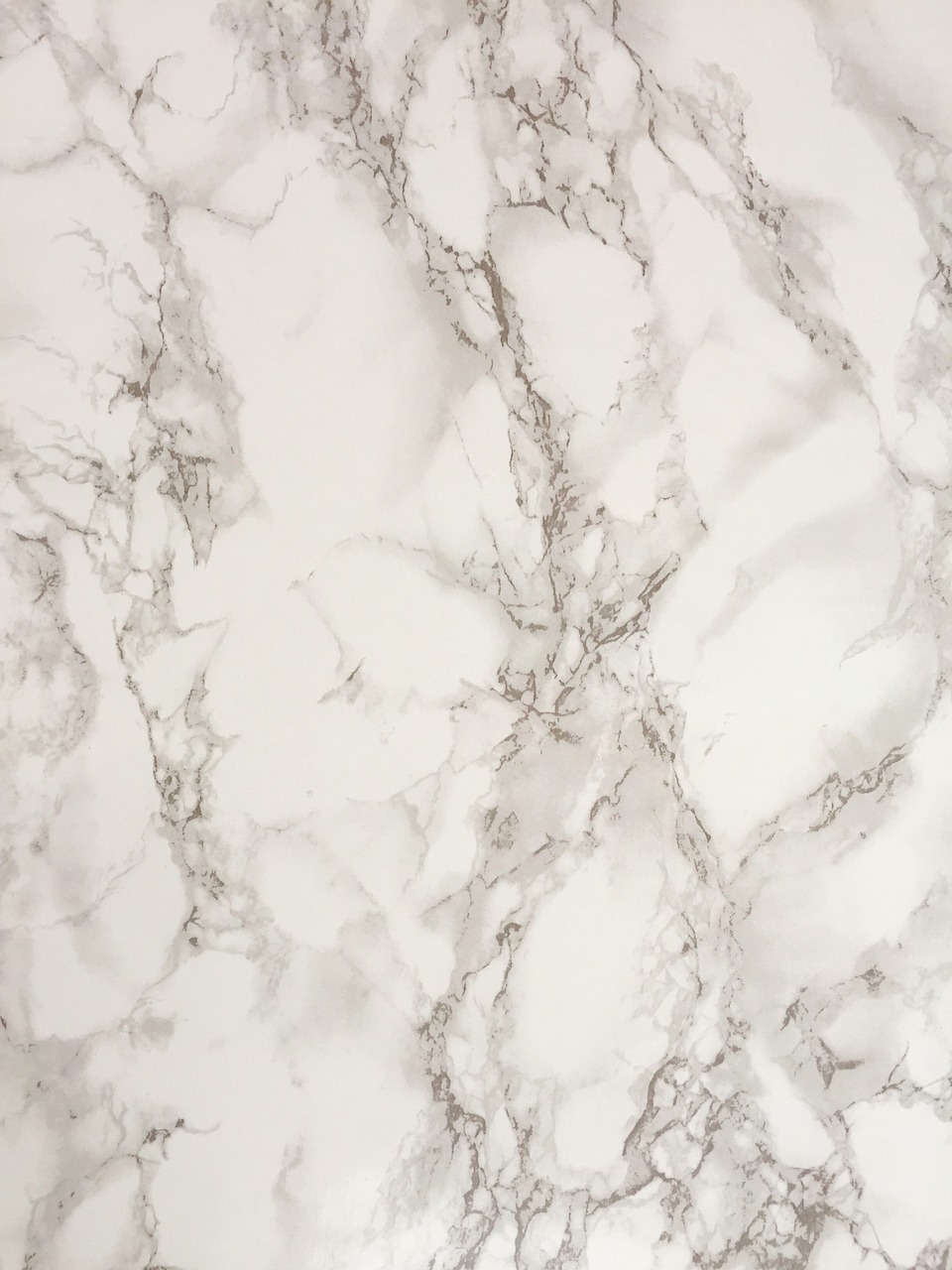Top Tips for Cleaning Denver Marble and Travertine
February 19, 2016

Those who prefer to use more natural cleansers over harsh chemicals have long sung the praises of cleaning everything with vinegar or lemon juice mixed with water. While this solution works on a variety of surfaces, natural stone floors and countertops are not one. The acidic nature of this composition can harm marble and travertine surfaces. If you have marble or travertine Denver homeowners love - take care of your investment and follow advice from the experts.
Pay Attention to the PH
Liquid cleansers can be rated on a pH scale from 1 – 14. Looking up pH levels of common cleaning supplies before using them will keep your natural stone surfaces looking brand new and free from discoloration. On the pH scale 7 is considered neutral while anything above 7 is alkaline, and everything below 7 is considered acidic. Natural stone flooring requires a neutral cleaner to avoid marring or discoloration. This rules out bleach, ammonia, pretty much anything with a citrus scent, tile cleaners, as well as spray degreasers such as Windex or 409.
Mind the Gaps
It is important to remember that both marble and travertine are extremely porous and absorb liquid, including plain water quite easily. For daily cleaning it is best to go over floors and countertops with a dry, soft, micro-fiber cloth. Those with marble countertops or travertine floors in drier climates such as Denver know that dirt and dust gets tracked in everyday even if you haven’t been on a mountain hike or your pup hasn’t been anywhere near the dog park. Even small particulates such as sand or dirt off of shoes can easily scratch a soft stone like marble. Absorbent mats or area rugs in high traffic areas can be helpful in maintaining scratch free floors.
Less Water Works Better
When using a damp cloth or mop on your natural stone, use as little water as possible making sure that your string mop is well wrung out. This prevents the stone from absorbing too much water. A small amount of vegetable based dish soap can be used in clean warm water from general wiping and cleaning. These cleansers are less likely to leave streaks or have coloring that might damage your floor. They can be found in any organic supermarket and for the most part aren’t markedly more expensive than everyday store brands. Once you are done mopping it is recommended that any excess water that remains on the surface be soaked up.
It is important to wipe up spills as soon as they happen. As previously mentioned, natural stone is very absorbent and stains can quickly become permanent. If there is a stubborn stain or your marble or travertine requires a more thorough cleaning, a small amount of rubbing alcohol mixed with warm water can be used. The alcohol should be mixed in a 1:16 solution which equates to approximately ¼ cup of alcohol per 1 quart of water.
It is exceedingly important to apply sealant to stone surfaces at least once a year. It’s wise to do it more often on places like kitchen and bathroom counters where spills are bound to happen. Contact a professional for advice and guidance on what type of stone is best for your particular use - the Natural Stone team can guide you through your home renovation or update to your space. Learn more about the marble or travertine installation process and understand the way it all works from the start.
Go Back